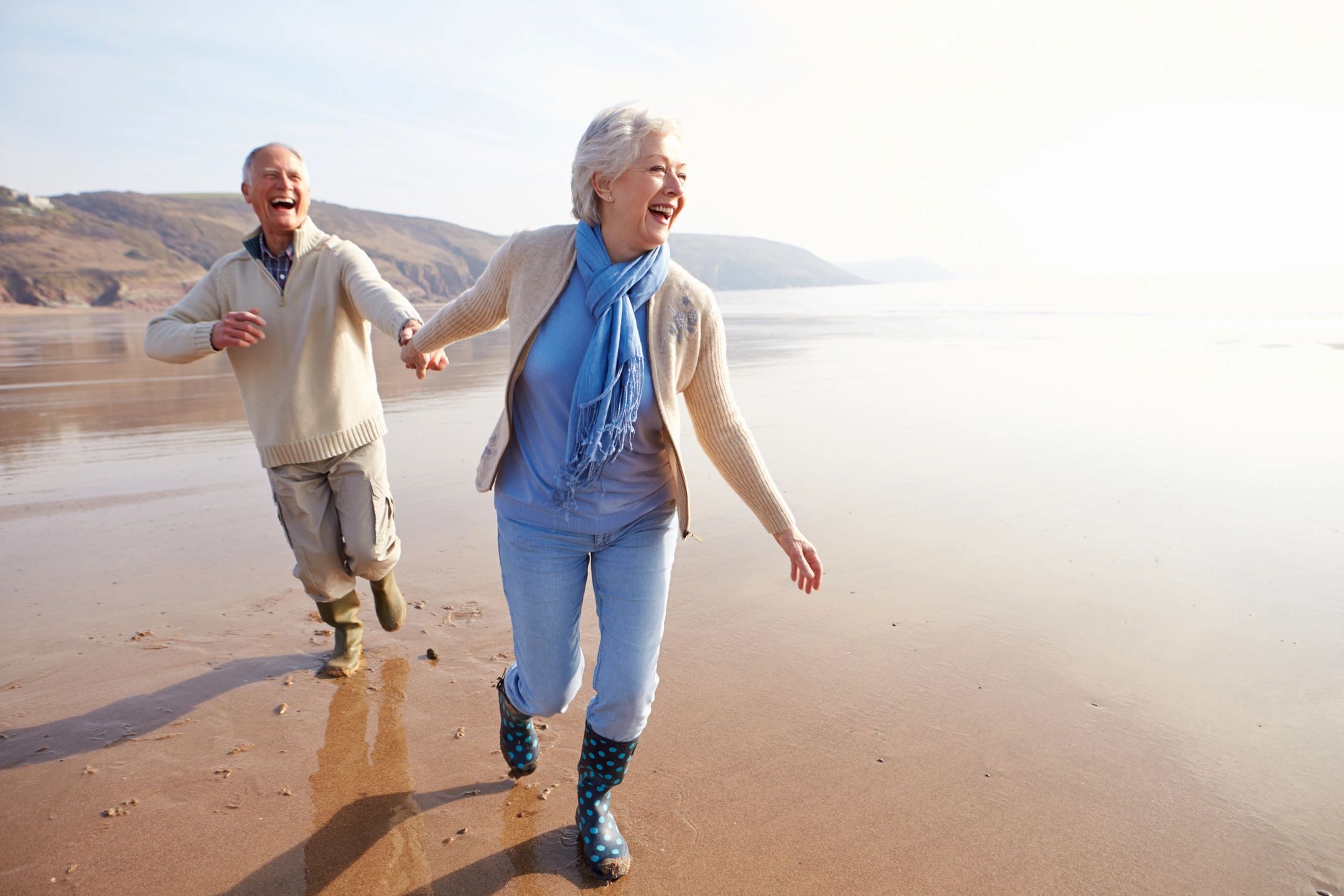New Study: Vitamin D & Light Exercise Prevents Falls For Elderly

Researchers at the School of Comprehensive Rehabilitation, Osaka Prefecture University in Japan studied 91 elderly subjects who were fragile and institutionalized in nursing homes for a three month period. One group received counseling on falls, and was given two individualized and one group exercise class each week, and had objects that were hazards for falling removed from their living space. The second group was given the same counseling and hazard removal but received a twice a week guided exercise regimen to specifically build strength and reduce fall risk. The third group was given 900 IU of Vitamin D3 each day with food. The last group received both the 900 IU of Vitamin D3 combined with the twice a week guided exercise regimen.
Results of the Study in Elderly Individuals
Vitamin D cut the incidence of falling by 43%. The twice a week exercise cut the incidence of falling by 53%. Adding the vitamin to the guided twice weekly exercise reduced the incidence of falling by 73%. The research is published online ahead of print in the International Journal of Gerontology.
The ‘Sunshine’ Vitamin
Vitamin D has become one of the most highly recommended dietary supplements over the last few years by healthcare professionals. This vitamin is not technically an essential vitamin, since the body naturally synthesizes the “sunshine vitamin” through a chemical reaction between the sun’s UV rays and the cholesterol on your skin. Nevertheless, it has been estimated that approximately 70% of North Americans have Vitamin D deficiencies. This is due to a combination of factors: low levels of sunlight for most of the year, obesity, sun avoidance, and low consumption of foods high in Vitamin D such as fatty fish (salmon, tuna, sardines). Inadequate levels of this vitamin in the body often leads to conditions such as rickets and osteomalacia, which bring on symptoms like bone and muscle pain, enlarged joints, and easily fractured bones. Given the high prevalence of this deficiency, this could be the most essential of all the conditionally essential vitamins.
New Study: Low Vitamin D levels linked to rapid and severe mental decline in the elderly
Vitamin D3 supplementation can effectively reverse common vitamin D deficiency. Vitamin D3 is the active form of vitamin D. It is sourced from sheep’s wool and easily absorbed by the body. Vitamin D3 1000IU may be taken in multiple servings to increase Vitamin D levels and correct deficiencies. Research suggests that an adequate supply of vitamin D can help maintain normal blood sugar levels and support blood pressure already within normal range, when taken as part of a well-balanced diet. Vitamin D may help promote a healthy immune response as well by activating T and B cells of the immune system. In fact without sufficient vitamin D levels, the immune system cannot function properly to resist infection.
Despite these results, there is no saying that vitamin D prevents falls altogether; falls will still inevitably happen amongst the elderly. When they do occur, it’s important to be prepared and for the elderly faller to be escorted to hospital as soon as possible. If you know an elderly person who’s fragile or taking frequent falls, as well as getting them some Vitamin D, it may be worth looking into a fall detection device for top safety.